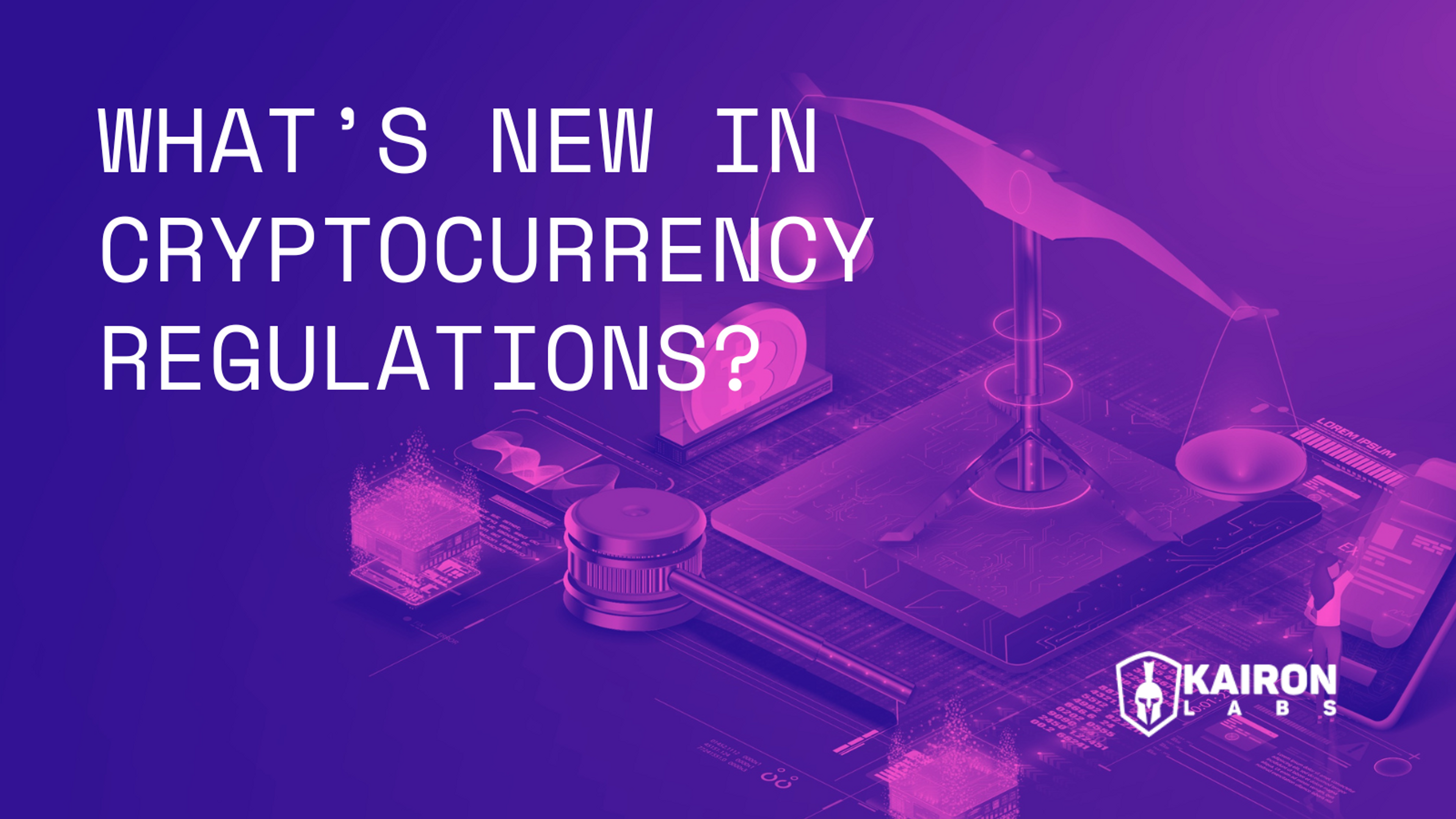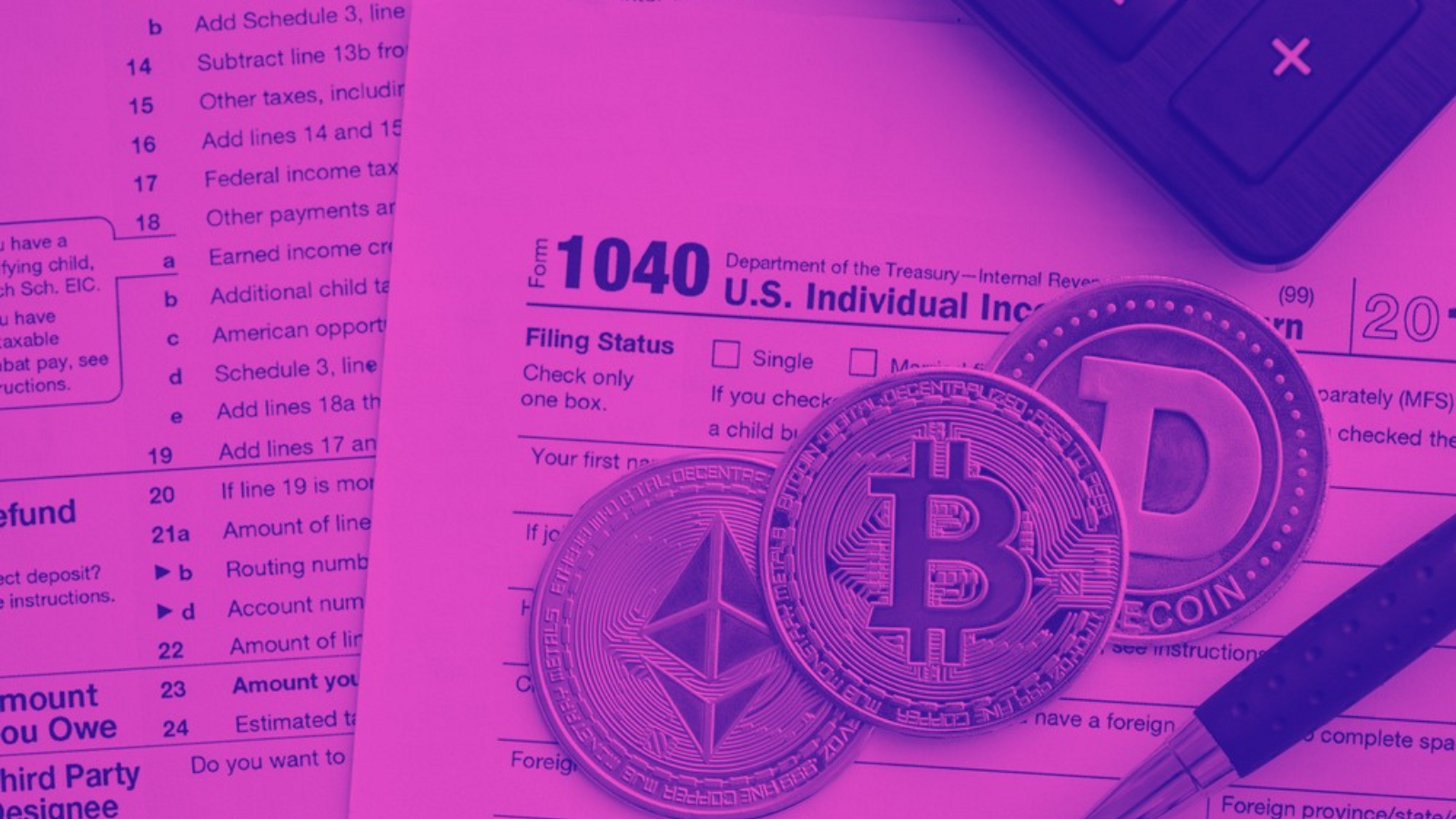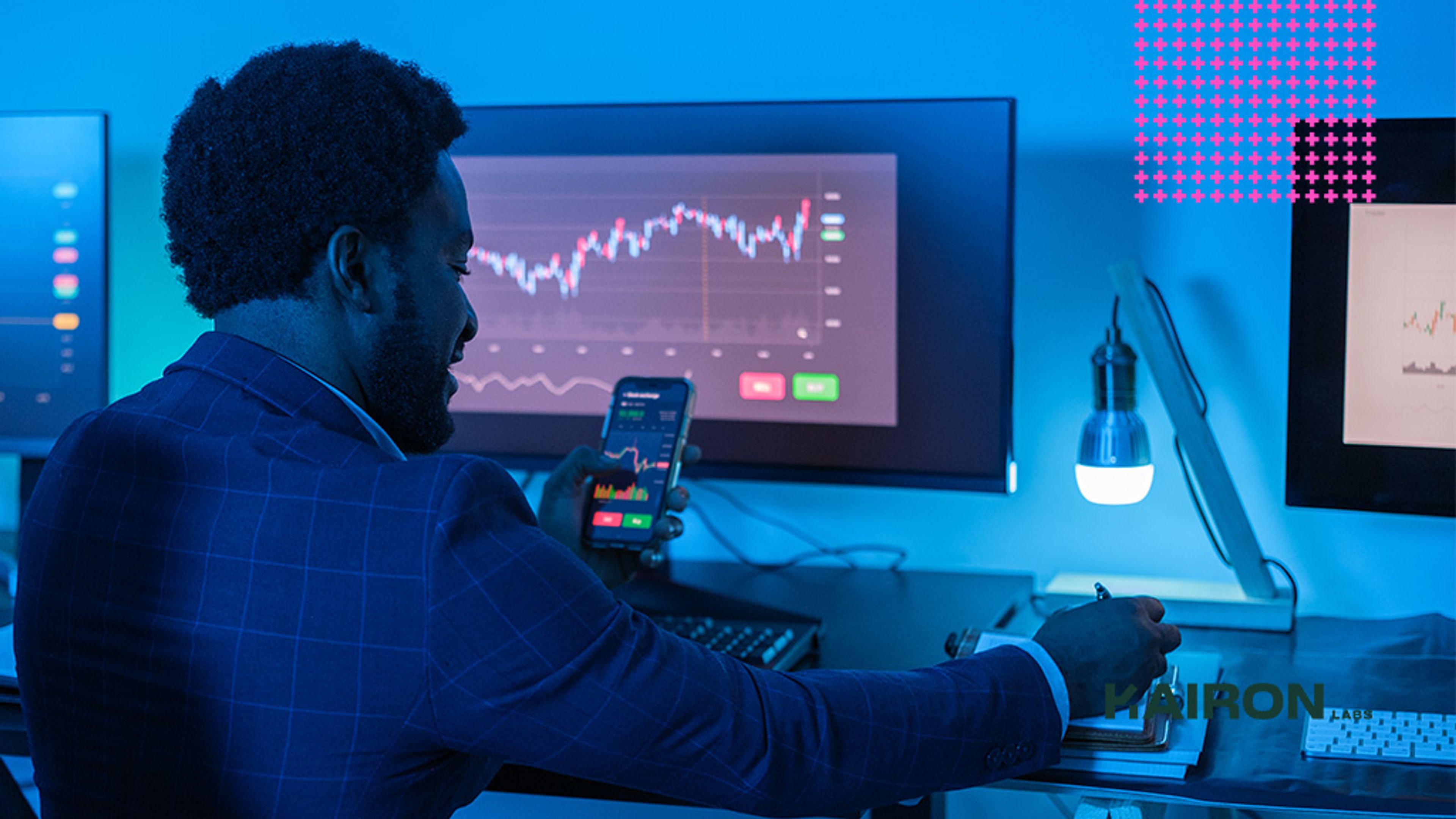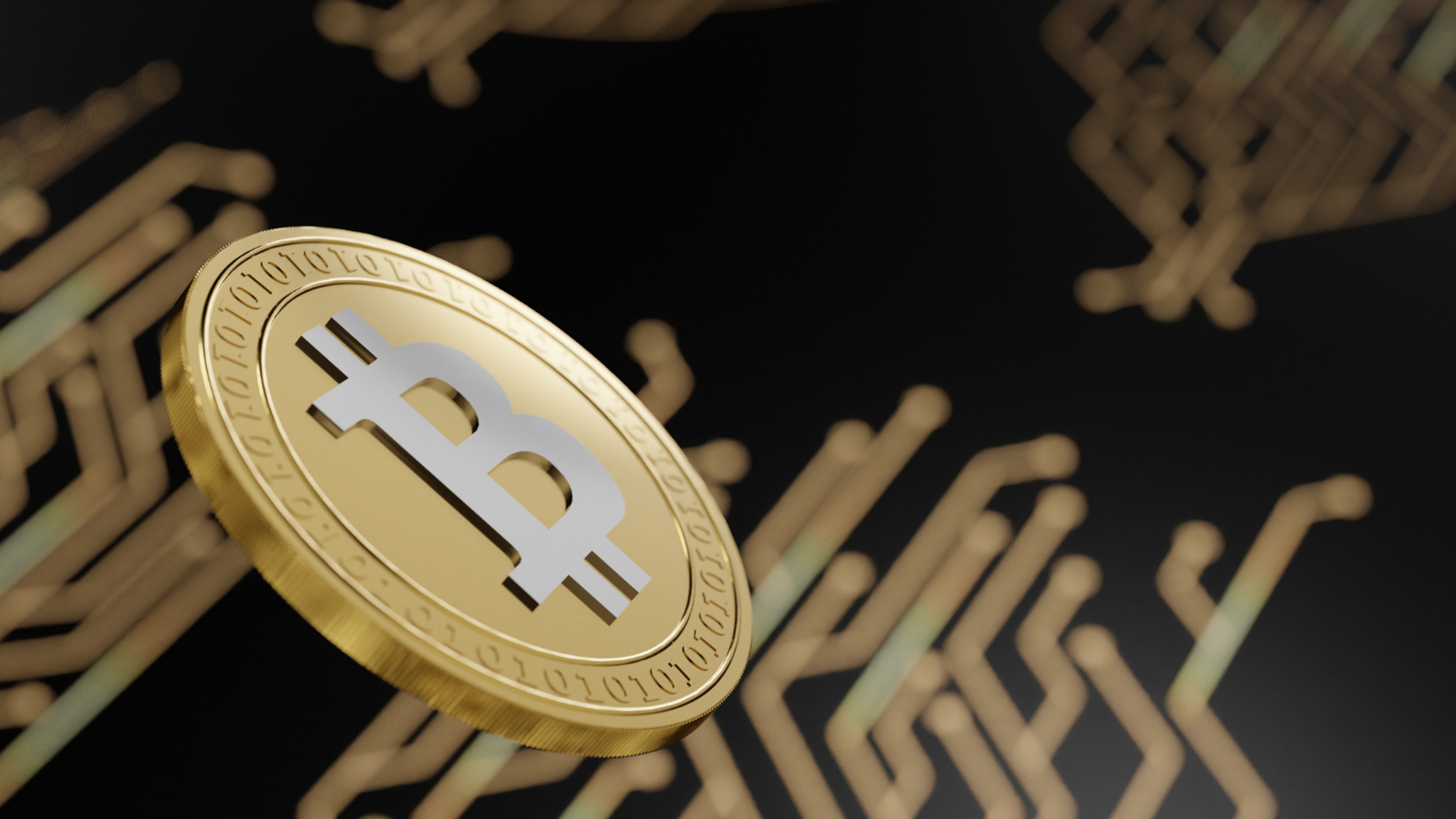
From Europe to the US: What’s New in Cryptocurrency Regulations?

(Author’s Note: Let me start by saying that I'm not a legal or tax advisor, nor do I have any degrees or expert knowledge regarding this matter. All opinions are my own, formed by dealing with this subject matter.)Crypto is challenging the traditional monetary and financial system. However, regulatory debates about how to achieve financial stability, prevent market manipulation, set tax policies, and protect vulnerable customers are far from being established.
Overall, regulation is very fractured. Each jurisdiction has its own rules and intricacies. From our point of view, as a globally operating crypto service provider, navigating these complexities is becoming increasingly complicated. For example, in some countries, cryptocurrency is considered legal tender, and in others, it's not. Some tokens might be considered securities in the USA, while the same token is considered an asset or commodity in another jurisdiction.
Why Cryptocurrencies Must be Regulated
From our point of view, sensible regulation is and will continue to be necessary. On the other hand, too much regulation will slow down or hinder the industry's progress. The past years have been like the wild west, but in the end, this fostered a lot of innovation which wouldn’t be possible without a lack of regulations. A good example is the Defi market, under traditional finance regulations, these experiments would have never occurred “in production” and at scale.
The most obvious issue due to lack of regulation concerns bad actors drawn to the space and have no impediments to acting in bad faith. Identifying and stopping them takes a long time and is difficult if there is no clear precedent.
Latest Crypto Regulations in Europe and the US
The EU regulation is called the Markets in Crypto Assets Regulation or MiCA, which full legal text was approved yesterday, October 5, at a meeting of EU ambassadors. The legal text will go on to the European Parliament and, once approved, will be published in the Official Journal of the European Union, with the rules set to come into force in 2024. Among other things, it will require digital asset issuers to publish whitepapers with technical information and realistic roadmaps.
Crypto platforms will be required to register with the relevant authorities, and even (algorithmic) stablecoins will be subject to more stringent regulations, for example, they will be required to effectively hold enough capital to maintain their peg.
One notable thing on the stablecoin regulation side is that the MiCA framework limits the volume for stablecoin payments to $200 million per day. If you look at the success of major stablecoins such as USDC, USDT, and BUSD, this cap is obviously way too low and will only hurt adoption. One of the impacted parties is Circle (the company behind USDC), with their recent launch of EuroCoin.
The regulation is believed not to cover NFTs, except when they represent special structures such as fractionalized ownership of other assets.Here’s a direct quote from the framework text: “When considering whether to regulate a particular asset, national and EU regulators should adopt a substance over form approach under which the features of the asset in question should determine the qualification, not its designation by the users.”

US regulation is still as fractured as ever, but the Biden administration finally seems to be on a path to try and pull everything together. Since the beginning of the crypto space, there has been confusion as to which regulator should oversee our industry. Traditionally, the SEC regulates securities, while the CFTC regulates commodities and derivatives. Whether crypto is a security or commodity remains unclear. Currently, crypto is not considered legal tender, and crypto exchanges are regulated depending on the state they operate in.
What Are the Best Countries for Cryptocurrency?
Today, on a global scale, almost every country has passed some kind of legislation on cryptocurrency. Some countries openly support the blockchain and crypto communities by introducing tax exemptions and other benefits. Other countries, like China, Egypt, and Qatar, have even banned it.Now, suppose you're an investor, or you want to launch a business in the crypto sector. In that case, it's worth looking into moving to a crypto-friendly country such as Dubai, Portugal, or Singapore. Let's see why:
- Dubai (United Arab Emirates)
Dubai is known for having both 0% personal and corporate taxes and is considered one of the safest places in the world. Both of these things come in handy when dealing with crypto, as this negates the difficulty of navigating and adhering to tax regulations. The chances of becoming victimized by a $5 wrench attack are also low compared to other jurisdictions.
- Portugal
Dubbed "the crypto capital of Europe," Portugal is a lively hub for innovation, creativity, and blockchain communities. It attracts many expats and offers good tax deals and benefits for companies that open offices there. Important international tech and crypto events take place in Lisbon, like Web Summit, Solana conference, and Wow Summit.Portugal sets a great example in crypto-friendliness, with hardly any legal and regulatory burden on cryptocurrency. According to the Portuguese tax law from 2016, digital money isn't categorized as financial assets or foreign currencies, so, in theory, digital assets are tax-free in Portugal. But there's a catch. Holders in Portugal are exempt from paying tax on crypto profits only if that income isn't their primary professional activity. In short, as long as you work with crypto as a side hustle, you're tax-free.
- Singapore
Similar to Dubai, Singapore is also considered to be a very safe environment. The local regulator is strict but does allow crypto-related activities to take place, and it's possible to get a bank account opened that allows crypto transactions. With the advantageous tax rate and the vibrant crypto community, Singapore is a great place as many Asian exchanges, VC funds, and token projects moved from China and Hong Kong to this safe haven.Fortunately, more and more countries offer good conditions for crypto trading and investing, like Germany, Slovenia, El Salvador, Malta, and Canada — to name a few.
Kairon Labs PoV
Kairon Labs is at the forefront of ethical and compliant market making and trading services. Self-regulation is something we adhere to on a daily basis. Our approach is to try and comply with as many regulations as possible, combined with using best practices from traditional finance. Here is an overview of some of the strict standards we comply with:
- Kairon Labs is a super simple and transparent Belgian-based legal entity. This means we are not hiding in low oversight or offshore jurisdictions protected by complicated constructions. We do this to broadcast confidence to our clients and partners. We operate under a legal opinion that protects our status in Belgium, the home of the European Union.
- Our clients and partners undergo strict KYC and AML policy screening procedures when they are on-boarded for services. This means we carry out PEP/sanction checks, screen Ethereum wallets for illicit activity, collect information on the UBOs and the legal entities we interact with, etc.
- Our trading desk is committed to ensuring that trading happens in an ethical and correct way. For example, we don’t do wash trading, pump & dumps, spoofing order books, insider trading, etc. We look at what is considered ethical in traditional financial markets and base our guidelines on those best practices.
- Transparency is key. We pride ourselves on direct and quick communication with our clients, giving them a clear understanding of what is happening in their markets and the actions that we are taking as a team. We don’t want to act as a black box and are constantly working on improving transparency, such as better reporting, etc.
If you have questions about cryptocurrency trading or seek expert advice for a crypto project, reach out to us! Also, make sure to subscribe to our weekly macro market updates to get more insights into the evolution and direction of crypto assets.
Kairon Labs provides upscale market-making services for digital asset issuers and token projects, leveraging cutting-edge algorithmic trading software that is integrated into over 100+ exchanges with 24/7 global market coverage. Get a free first consult with us now at kaironlabs.com/contact
Featured Articles


Understanding Market-Making Models in Crypto

Solana Staking ETFs: A Live Liquidity Stress Test for Every Founder

Launching a Token 101: Why is Liquidity Important?

Airdrops and Retrodrops Decoded: A Comprehensive Guide
